
Simon VOUET Allegory of Prudence
[Allégorie de la Prudence]
Prudence, which enables us to know what to desire or to avoid, attains heroicity when it coincides with the "gift of counsel", i.e. a clear, Divinely aided insight into right and wrong conduct. As an example of heroic prudence we have St. Paschasius Radbert. About St. Paschasius is written: "So great was his prudence that from his mind a bourn of prudence seemed to flow. For he beheld together the past, the present, and the future, and was able to tell, by the counsel of God, what in each case was to be done"
It is to be observed that prudence, whilst possessing in some sort an empire over all the moral virtues, itself aims to perfect not the will but the intellect in its practical decisions. Its function is to point out which course of action is to be taken in any round of concrete circumstances. It indicates which, here and now, is the golden mean wherein the essence of all virtue lies. It has nothing to do with directly willing the good it discerns. That is done by the particular moral virtue within whose province it falls. Prudence, therefore, has a directive capacity with regard to the other virtues. It lights the way and measures the arena for their exercise. The insight it confers makes one distinguish successfully between their mere semblance and their reality. It must preside over the eliciting of all acts proper to any one of them at least if they be taken in their formal sense. Thus, without prudence bravery becomes foolhardiness; mercy sinks into weakness, and temperance into fanaticism. But it must not be forgotten that prudence is a virtue adequately distinct from the others, and not simply a condition attendant upon their operation. Its office is to determine for each in practice those circumstances of time, place, manner, etc. which should be observed, and which the Scholastics comprise under the term medium rationis. So it is that whilst it qualifies immediately the intellect and not the will, it is nevertheless rightly styled a moral virtue. (source)
From the Summa Theologica of St. Thomas Aquinas regarding prudence and the gift of counsel:
"Prudence or euboulia (deliberating well), whether acquired or infused, directs man in the research of counsel according to principles that the reason can grasp; hence prudence or euboulia (deliberating well) makes man take good counsel either for himself or for another. Since, however, human reason is unable to grasp the singular and contingent things which may occur, the result is that "the thoughts of mortal men are fearful, and our counsels uncertain" (Wisdom 9:14). Hence in the research of counsel, man requires to be directed by God who comprehends all things: and this is done through the gift of counsel, whereby man is directed as though counseled by God, just as, in human affairs, those who are unable to take counsel for themselves, seek counsel from those who are wiser." (Source)


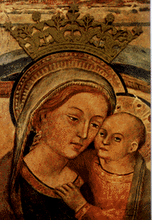
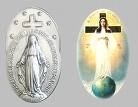




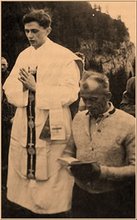
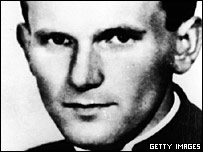
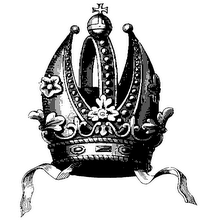
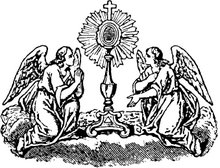
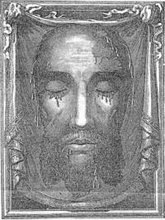
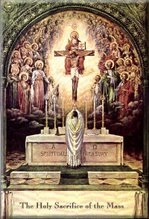

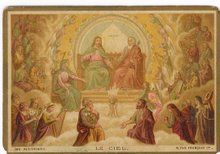

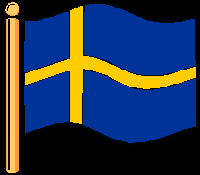


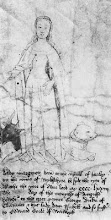01.jpg)


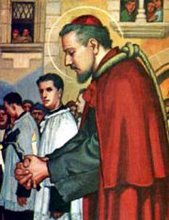

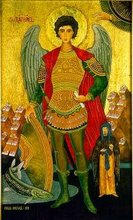

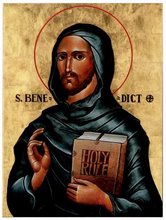

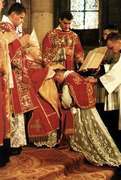


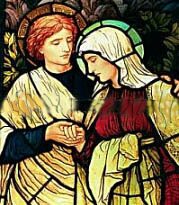

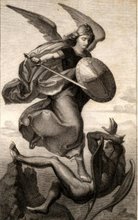
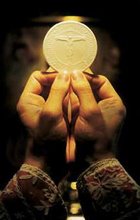

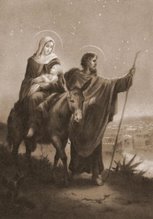
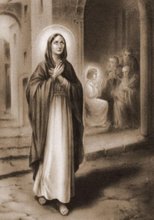
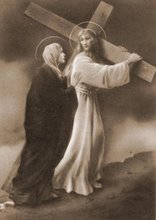
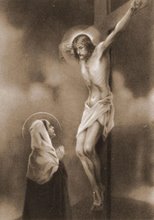
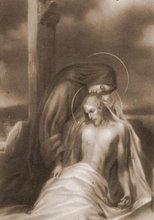
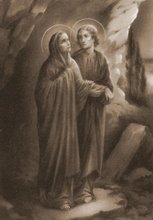
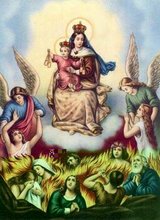
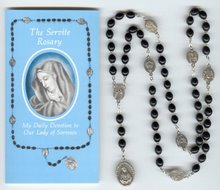

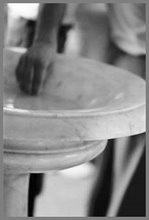
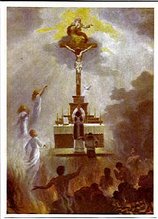


No comments:
Post a Comment